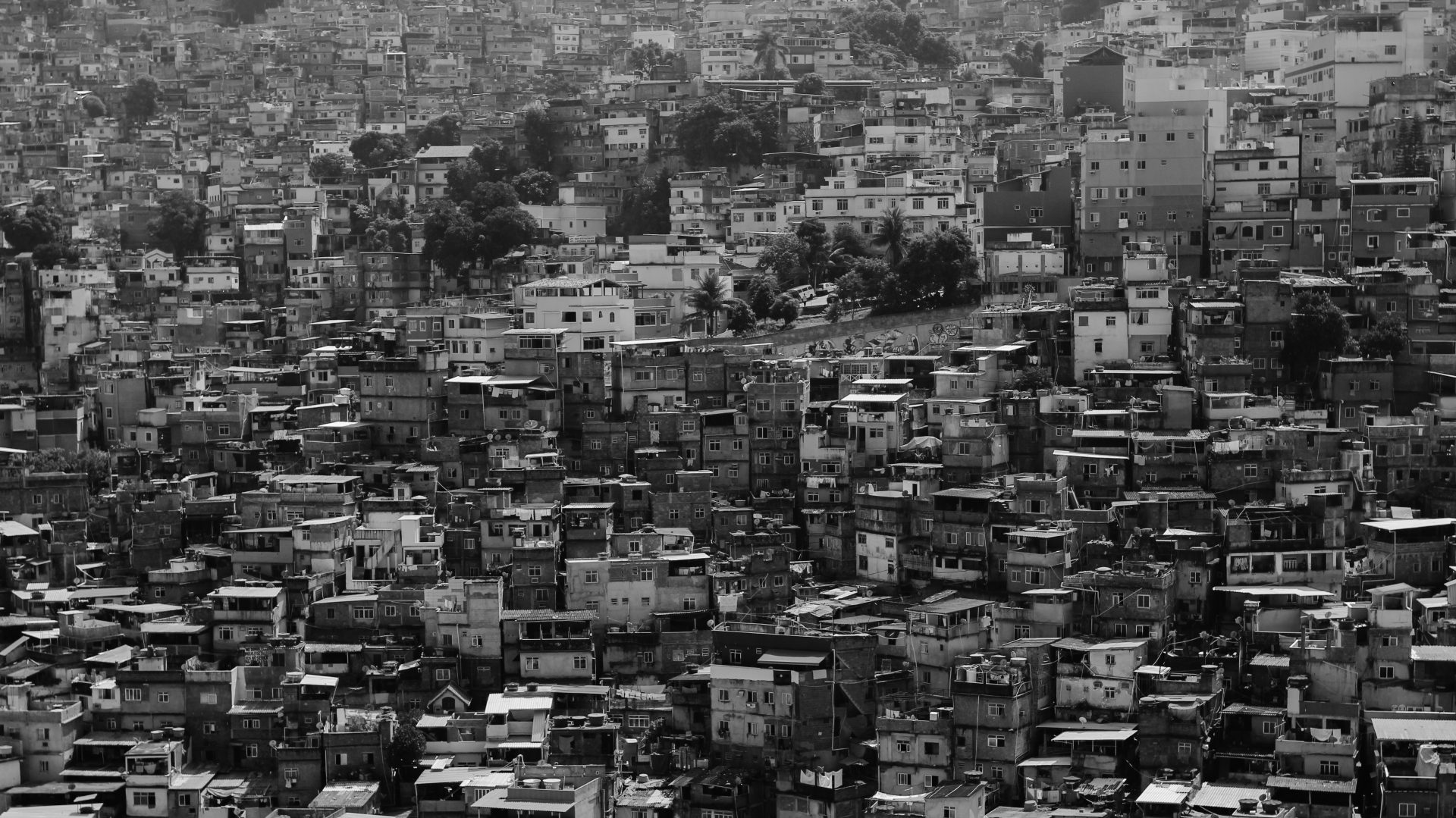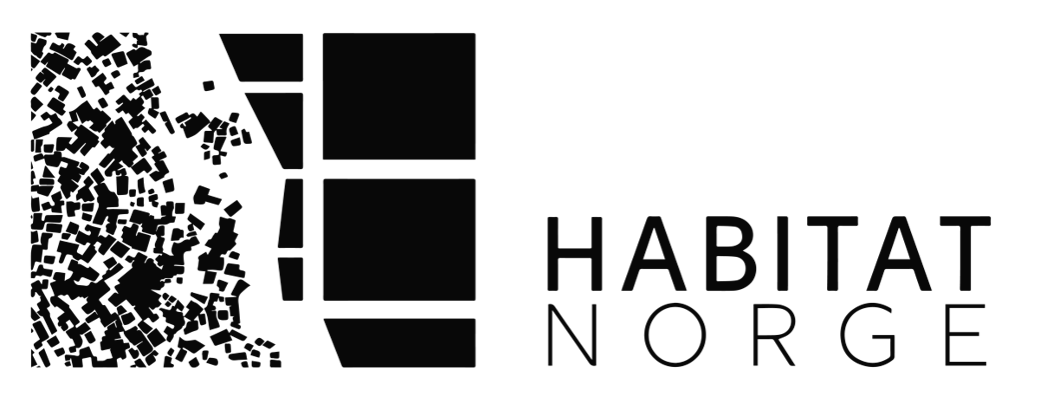On the 31st of may 2018, Habitat Norway screened the film “Perween Rahman: The Rebel Optimist”. Below you can read the speech.
Dear friends and colleagues,
It is an honour and a pleasure to welcome you all to this event. A particular welcome to Aquila Islam, Chair of the Board of Orangi Pilot Project, Perween Rahman’s sister, and Anwar Rashid, Project Director and one of Perweens closest colleagues for several decades. I would like also on behalf of Habitat Norway to echo the words of condolences that Alv presented.
The attack on Perween and OPP and the documentary film which we will screen tonight, gives us an opportunity to learn more about her unique life and work, the mapping and enumeration methodologies that she developed, and her efforts for the poor and deprived people of Orangi. The biggest informal settlement or “katchi abadi” in the northwestern part of Karachi now with more than 2 million inhabitants. Karachi being a megalopolis of 23 million people.
The film gives us an opportunity to learn about the threats and intimidations that progressive development organisations and workers are facing all over the world. From corrupt authorities, politicians and police to criminals and mafia. How to do development work when you are shot at emerges more and more as a main challenge. Aquila will convey some of her and the Orangi experiences on this struggle, clearly of wider, global significance.
In the history of post war international development OPP stands out as an experience of huge implications. OPP is one of the few urban grassroot NGOs that has managed to lift their efforts to big scale, starting with the organisation and mobilization of poor people and jointly searching for the causes of their deprivation. During their first 10 years OPP facilitated the installation by the people themselves of more than 70 000 toilet facilities. Building on wisdoms from East Pakistan’s (now Bangladesh) “Comilla Project” of the 1960ies on how to organize poor people according to cooperative principles.
The work of Akhtar Hameed Khan, the founder of OPP, and Perween Rahman, has inspired innovative development entrepreneurs all over the world. I would particularly like to mention Nobel Peace Prize laureate professor Yunus of Grameen Bank. One of Yunus’ greatest regrets was that he never went into cities with his microcredit saving group approach organizing marginalized women: their ecosystems were too complex. Orangi did.
The trademark of Orangi is thus to promote community organization and self management among low income households in the lanes and streets where they live, with their own resources and under own management.
Orangi started as a pilot project in 1980. Almost 4 deades later it still defines itself a pilot. This implies a strong sense of curiosity for new knowledge and new working methodologies. Perween instilled this search for continuous innovation.
Urbanization is today a global megatrend particularly in Africa and Asia with vast global political, economic and social implications. Not least on national, regional and global security. What is really alarming in this situation is that our development politicians and bureaucrats have not analysed the opportunities and challenges that urbanization represents. No Parliament development whitepaper has ever discussed global urbanisation in a broad holistic manner.
During the last years Norway, with the politicians of MFA in the lead, has cut the annual contribution of UN Habitat – the UN’s urban organisation – from 60 mill per year to 15, deleted the support for the intergovernmental “Cities Alliance” and the municipal superstructure United Cities and Local Government. Even an urban adaptive research programme coordinated by the “Urban Anchor” of the World Bank has been dropped. In a world where poverty urbanizes with a Bergen a day – that is 250000 – this neglect is hardly to understand. Of course, assistance in itself is not everything. But it is at least necessary to analyse and understand the opportunities and challenges also to promote Norwegian interest: that is investments, the building industry, entrepreneurs, our research and knowledge institutions, architects and designers.
This is a challenge that Habitat Norway – a small advocacy organisation on urban, sustainable development and poverty eradication has decided to face, building alliances with other stakeholders in Norway and abroad. We need your support. Pls. become a member.


